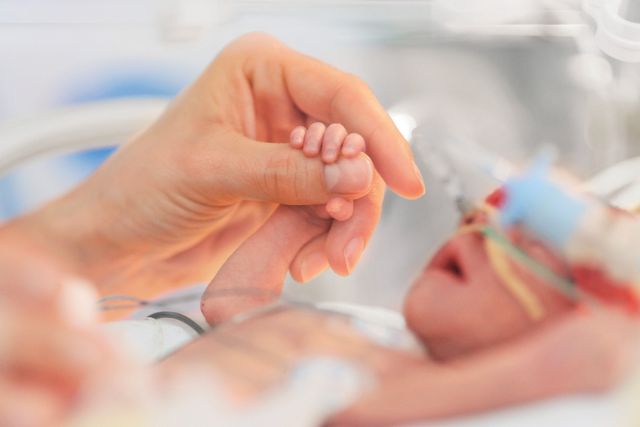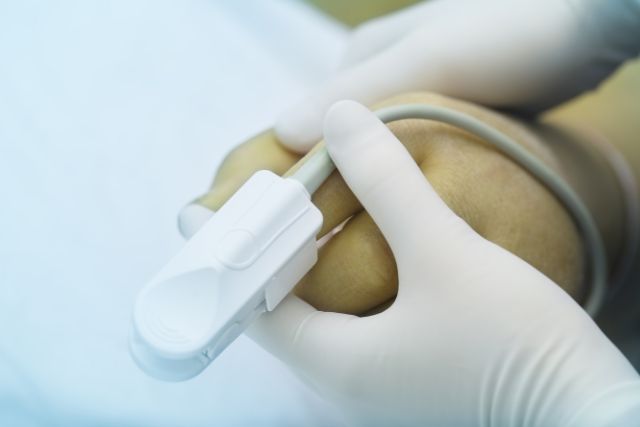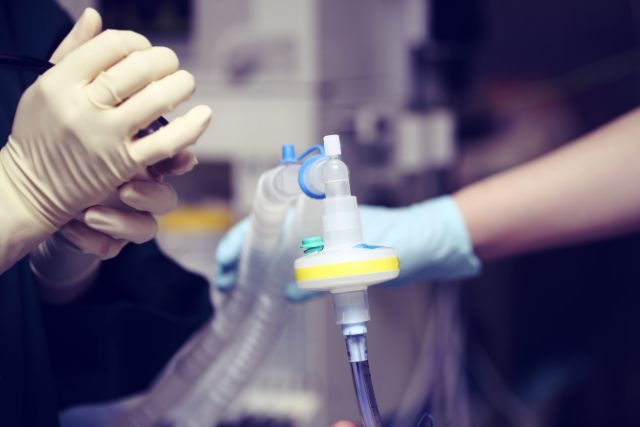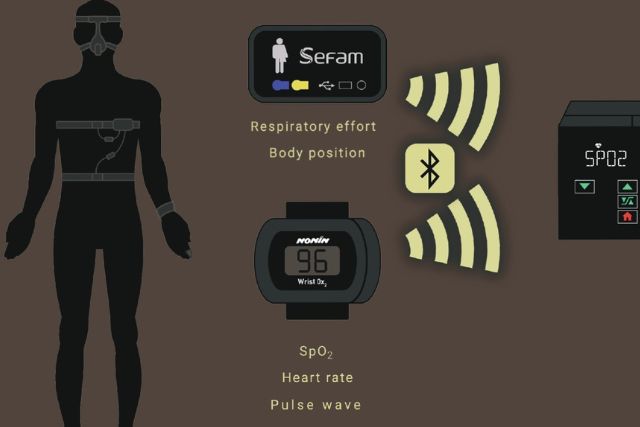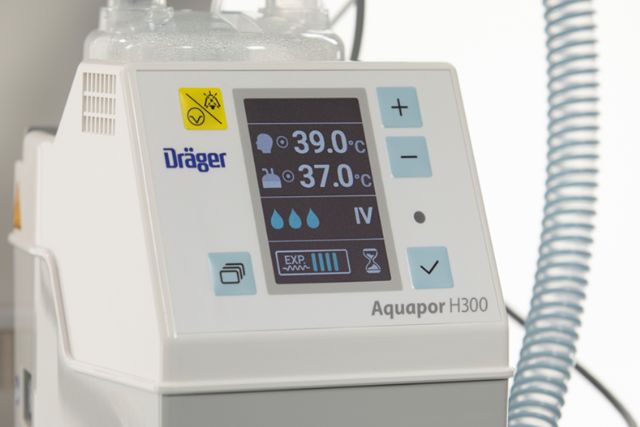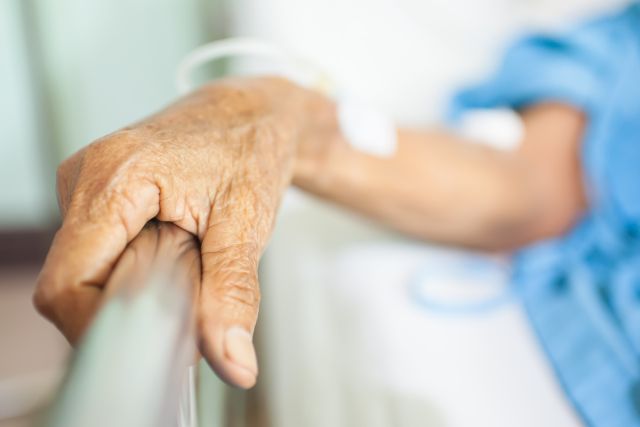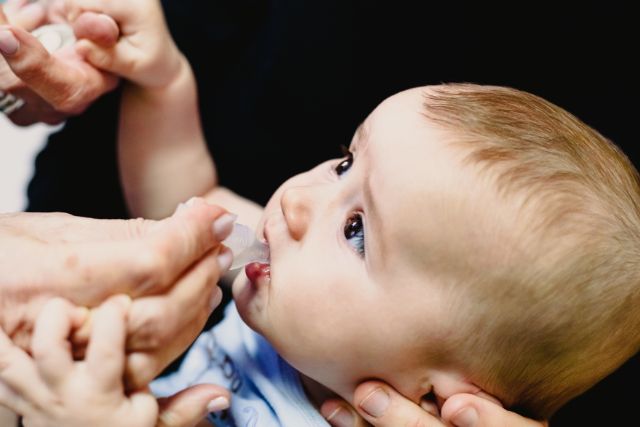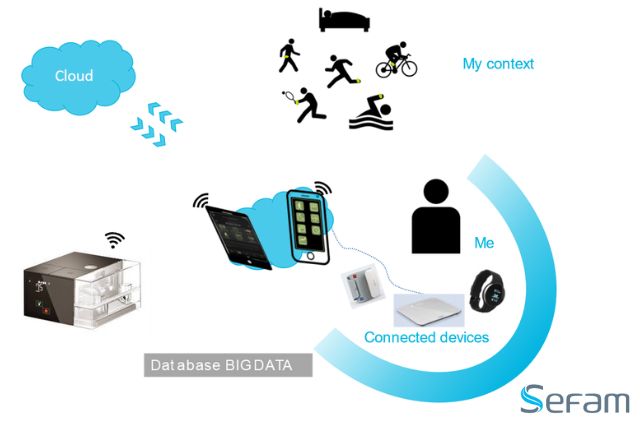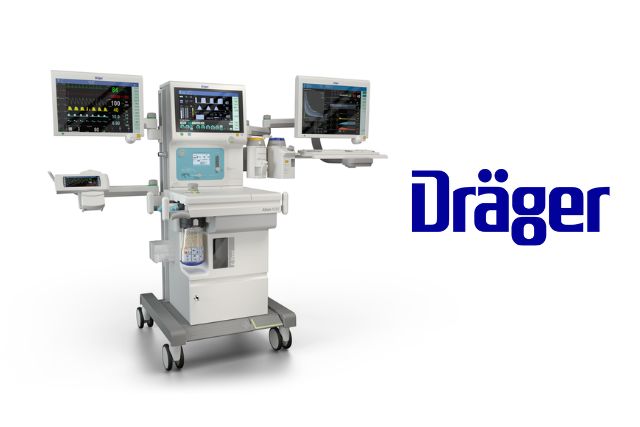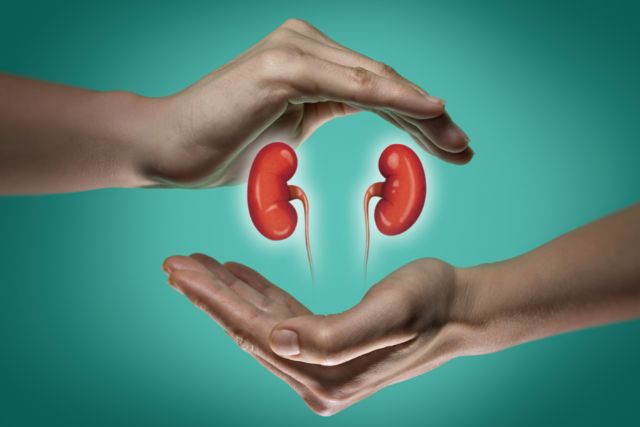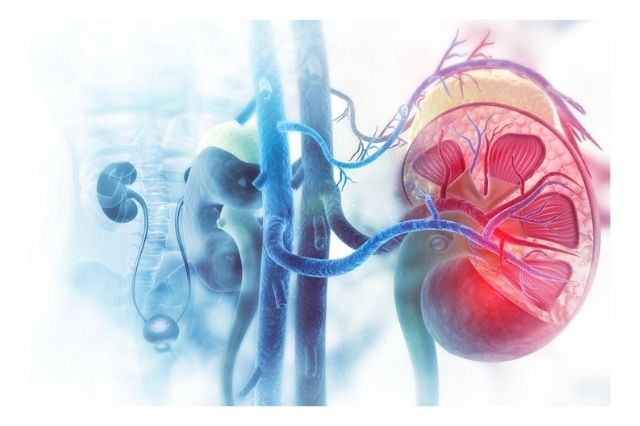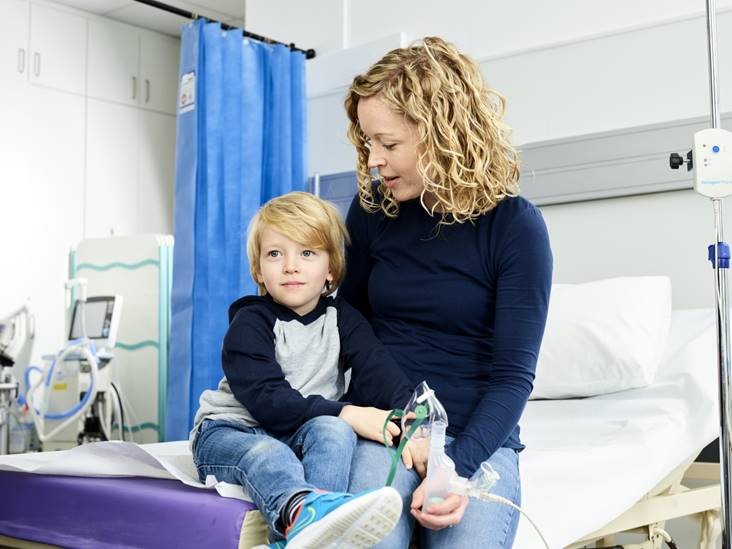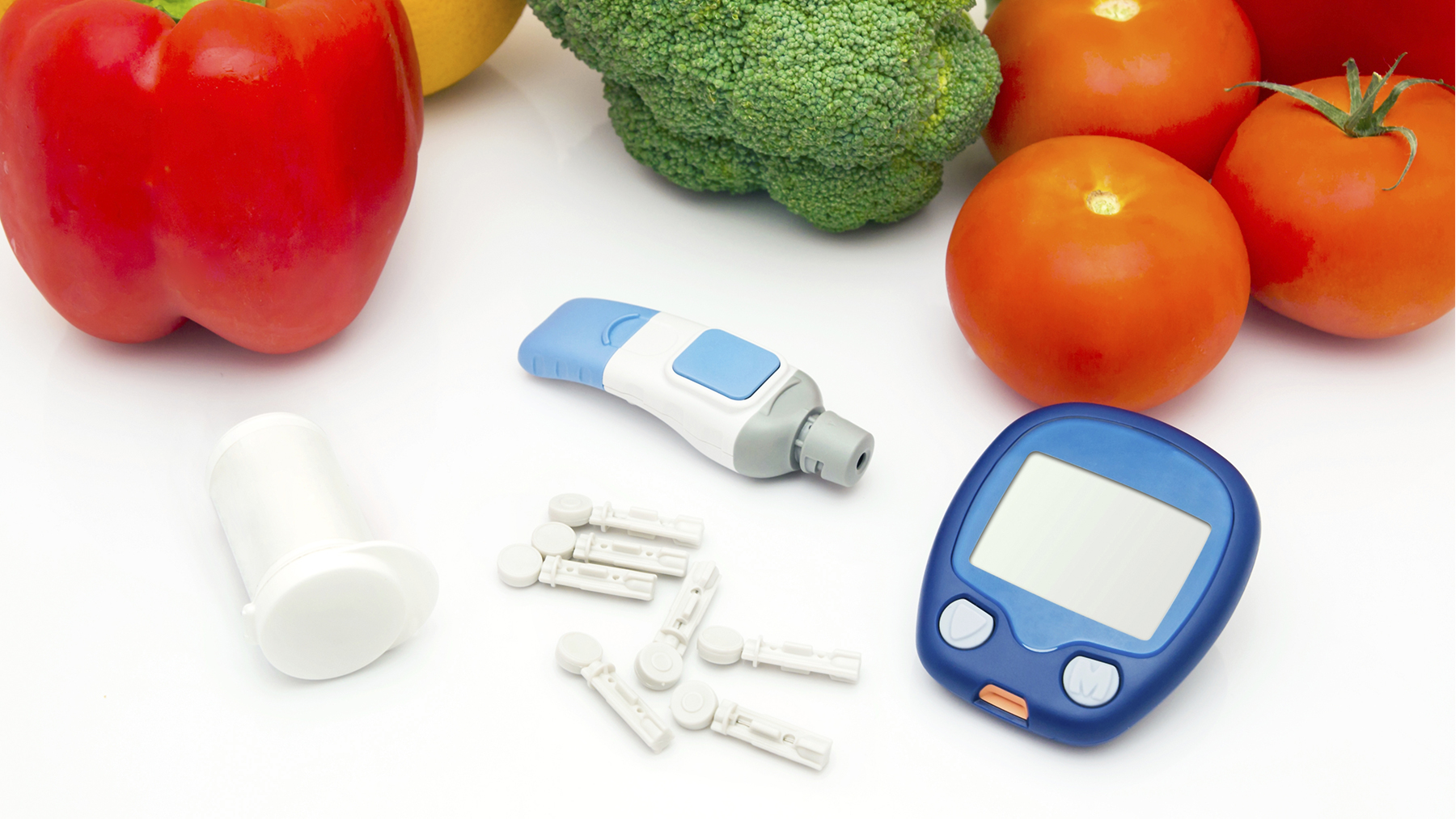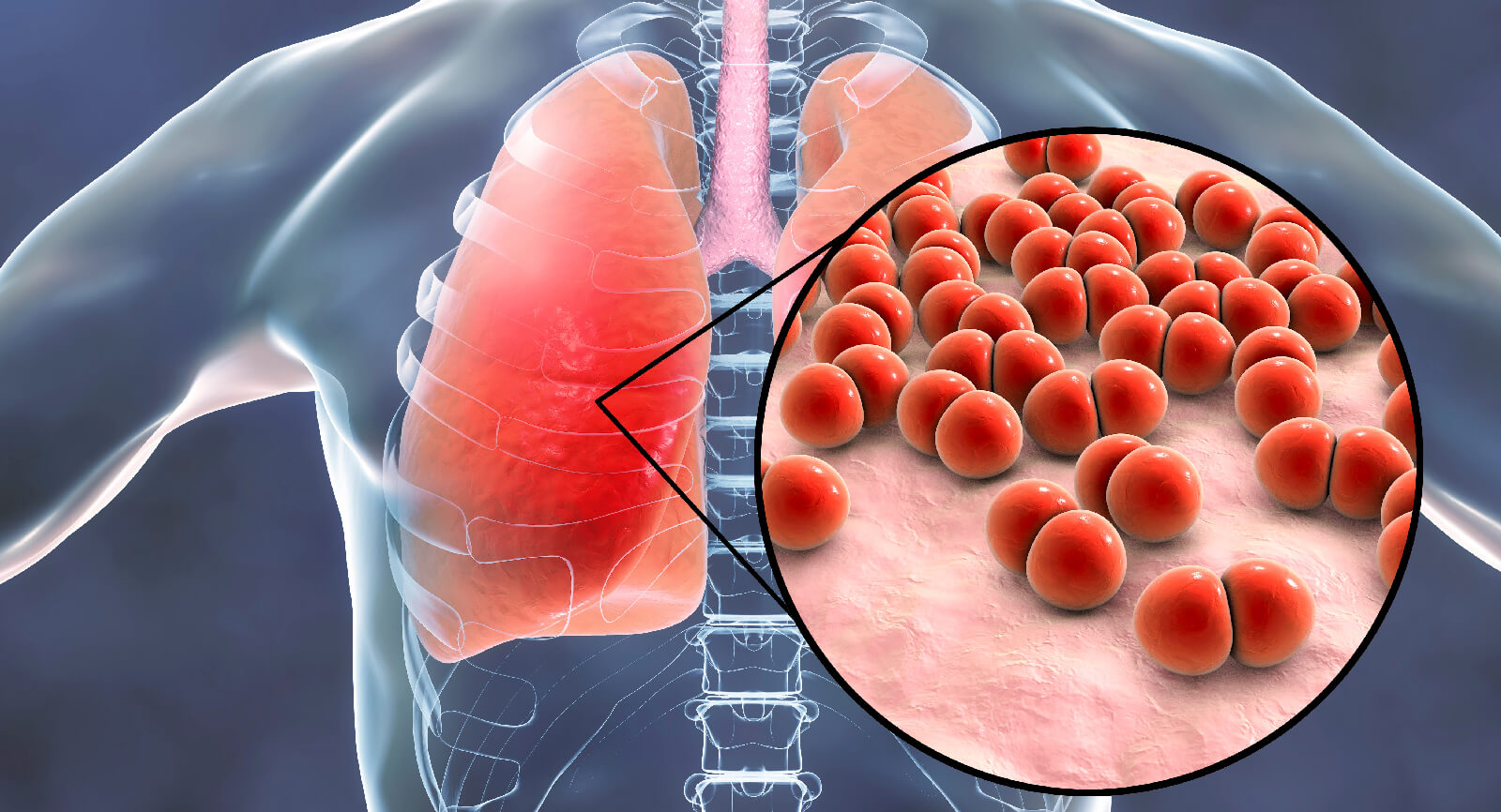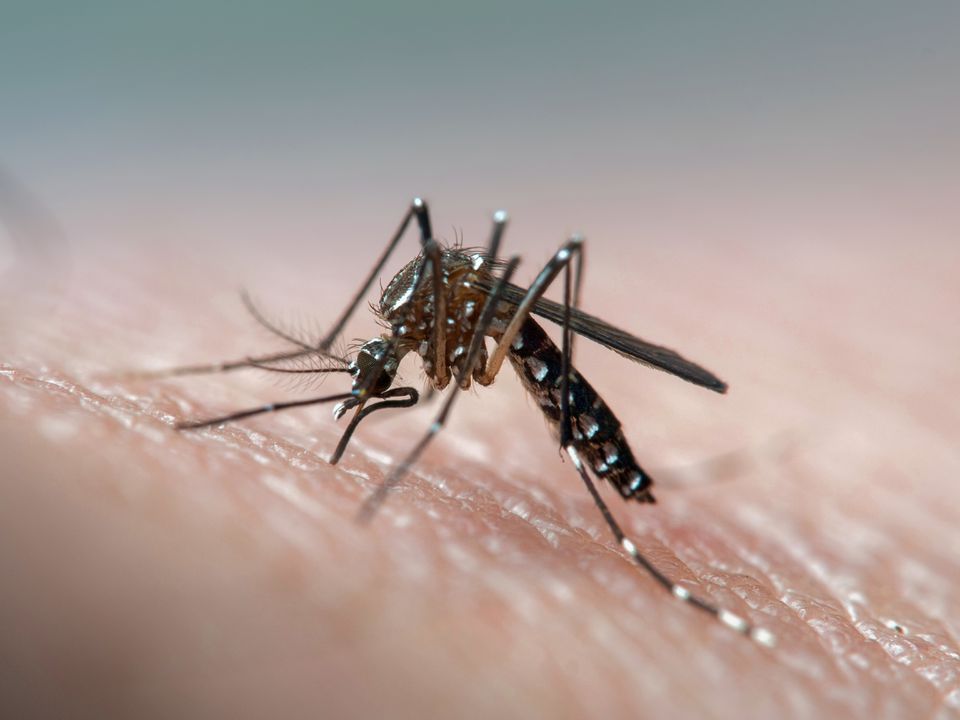World Diabetes Day is observed each year to draw attention to relevant matters pertaining to diabetes. “Access to Diabetes Care” and “Education to protect tomorrow” are the themes for 2022.
According to one estimate, 1 in 11 adults in India have diabetes, and there are about 9 crore diabetics in India, as of now. This number is supposed to increase to 15 crores by 2045. At present India ranks second in terms of the total number of people with diabetes, only after China. India accounts for 1 in 7 of all adults with diabetes worldwide.
1 in 2 adults with diabetes in India are undiagnosed. Diabetes is responsible for about 7,47,000 deaths in 2021, in India. 1 in 4 live births are affected by elevated blood glucose during pregnancy. While this is the case, total diabetes related expenditure amounts to 10 billion US dollars, the second lowest of all IDF (International Diabetes Federation) regions.
The above numbers reveal as to how there is a gross disparity across the world in terms of access to diabetes care. For various reasons, there is disparity within India as well, when it comes to diabetes awareness and access to proper diabetes care.
The same applies to promotion and adopting healthier foods such as millets and cutting down junk foods.
Speaking of “Access to Diabetes care”, we mean things as basic as access to a clinician, dietitian, diabetes counselor, basic lab tests, screening and management of complications such as retinopathy, nephropathy, neuropathy, cardiovascular disease, availability of appropriate medication including insulin and awareness of the same.
Lack of awareness, ignorance and lack of access to diabetes education are significant challenges in the prevention and management of diabetes. Various strategies have been proposed by stakeholders to overcome these challenges.
The government, NGOs, various diabetes organizations, support groups, health care professionals, the pharma industry, the print, electronic and social media, general public and even people affected with diabetes, all have their due role to play in overcoming these barriers and facilitate appropriate access to diabetes care for all and to educate one and all, to both prevent and manage diabetes properly.
Some such strategies include maintaining a nation-wide register of people with diabetes, training health care professionals including diabetes nurses and educators, developing and propagating management protocols, price regulation of essential drugs, improved and reliable supply of essential drugs for a subsidized price.
Increased spending on health care by the state, national insurance cover for lab and outpatient services, improved telemedicine services to cover every nuke and corner of the country are other such measures.
That said, all the burden cannot be laid on the law makers, as we as citizens have our due role to play in both the prevention and effective management of diabetes. While the government can promote a healthy lifestyle, develop jogging tracks and parks, it is up to the citizens to make the best use of these. The same applies to promotion and adopting healthier foods such as millets and cutting down junk foods. Prioritizing one’s own health, steps to prevent lifestyle diseases such as diabetes and obesity needs to start at the individual level. Together, we can conquer diabetes!









